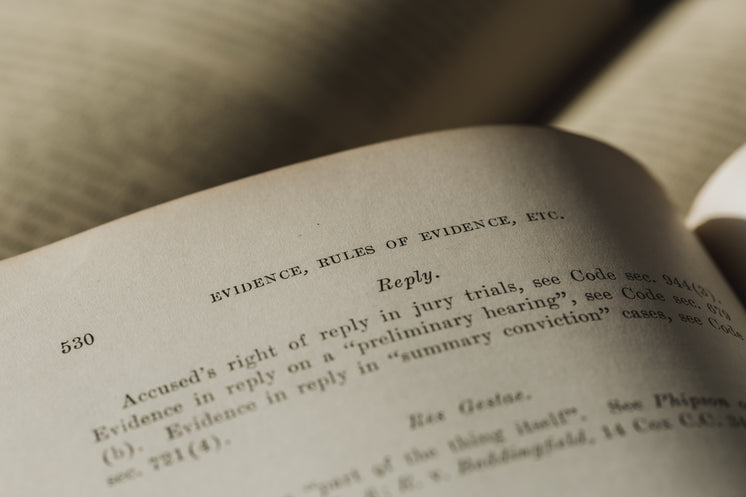Across the UK’s evolving legal sector, marketing has become a core bus…
페이지 정보
작성자 Flora 댓글 0건 조회 2회 작성일 25-11-12 09:28본문
For example, AI may be used to assist in legal research or to help predict the outcome of certain types of cases based on past decisions. One of the most significant changes has been the move towards digitalisation of court processes. The expert witness’s statistical miscalculations were later condemned, but only after Clark had served years in prison and suffered tremendous personal trauma.
Faulty judgments in family law, contract disputes, or property cases can result in financial losses, emotional distress, or prolonged litigation.
From the wrongful convictions of the past to present-day digital errors, the need for vigilance, reform, and fairness remains constant.
Technological innovations in UK court facilities is becoming increasingly important. The adoption of new technologies, such as artificial intelligence (AI) and machine learning, is beginning to play a role in improving the efficiency of court proceedings.
The Criminal Cases Review Commission (CCRC) was established to help investigate potential miscarriages of justice, but critics argue that it is underfunded and too cautious in referring cases back to the courts. While many safeguards exist to protect against error, they are not always effective, especially for those with limited means or facing systemic bias.
Rehearings are a key part of addressing mistakes, but the process is often difficult.
Many courts are now equipped with video conferencing facilities to allow remote participation in hearings.
In addition to criminal cases, mistakes happen in civil court as well. In conclusion, mistakes in UK law courts are an unfortunate reality in any complex legal system. This shift, accelerated by the COVID-19 pandemic, allowed courts to continue functioning despite lockdown restrictions.
In some instances, courts have relied on expert testimony that was later discredited.
This includes the implementation of electronic filing systems, which allow individuals and legal professionals to submit documents to the courts without needing to appear in person. Forensic science errors have also led to wrongful convictions.
 This can occur due to a combination of factors: police misconduct, unreliable forensic analysis, inadequate legal representation, or judicial bias.
This can occur due to a combination of factors: police misconduct, unreliable forensic analysis, inadequate legal representation, or judicial bias.
A collection of Council Directives - including Directive 2003/9/EC (Reception Directive), Directive 2004/83/EC (Qualification Directive, recast Directive 2011/ninety five/EU ) and Directive 2005/85/EC (Procedures Directive) - forms the code underpinning the crumbling architecture of the Widespread European Asylum System Article 19(3) of the Reception Directive requires Member States to endeavour to trace the members of the family of UASCs as soon as attainable.
This is particularly useful for individuals who cannot attend court in person, such as witnesses in distant locations or individuals with mobility issues.
Many people lack the resources to appeal, and legal aid cuts in recent years have made it harder for wrongly convicted individuals to get the help article they need.
The integration of technology in the UK court system is also evolving. This change has been welcomed for its potential to speed up proceedings, but it has also sparked discussion about accessibility, especially for those without easy access to technology or internet services.
As a result, some court facilities may be outdated or in need of repair, impacting the efficiency of legal proceedings.
While these technologies have the potential to improve efficiency and reduce human error, they also raise questions about privacy, fairness, and the potential for bias in the legal system. The UK government, through the Ministry of Justice (MOJ), has been actively working to modernise the way the court system operates.
In some areas, court buildings are old and not well-equipped to handle modern technological needs, leading to delays in proceedings and difficulties in managing caseloads. In family courts, for instance, there have been instances where courts failed to protect vulnerable individuals due to misjudging the severity of abuse allegations or prioritizing procedure over safety.
While this has improved access for some, it has raised concerns about the potential for inequality, particularly for individuals who may not have the necessary technology or the ability to navigate online systems. The case of Sally Clark, a mother wrongly convicted of killing her two children based on flawed medical evidence, is a tragic example.
If you have any concerns relating to where and exactly how to make use of law firm, you can contact us at our site. A common type of mistake in the UK courts is the wrongful conviction, where an innocent person is found guilty of a crime they did not commit.
One significant issue is the ongoing pressure on resources, with many courts experiencing overcrowding and budget cuts. Remote hearings are now being used for family cases, allowing individuals to participate in legal proceedings from the comfort of their homes.
During the COVID-19 pandemic, the increased use of video hearings became more prominent, and it has since remained a valuable tool for ensuring that court processes continue smoothly without requiring everyone to be physically present. Despite these efforts, UK law courts face various challenges related to court facilities.
In addition to online filing, the UK courts have also introduced the possibility of remote hearings for certain types of cases.
댓글목록
등록된 댓글이 없습니다.





 전체상품검색
전체상품검색




